
As the drafting agency of the Law on E-commerce, Deputy Minister of Industry and Trade Nguyen Sinh Nhat Tan said that the structure of the draft Law is designed to include 8 chapters and 50 articles. The basic content of the draft Law on E-commerce closely follows 6 approved policies, including: Policy regulating the types and responsibilities of entities participating in e-commerce activities; policy regulating the types and responsibilities of entities participating in multi-service digital platforms and social networks with e-commerce activities; policy regulating e-commerce support services and responsibilities of related entities; policy to perfect the legal framework on contract conclusion in e-commerce; policy to promote green and sustainable e-commerce development.
Notably, one of the new points is the draft law regulating the identification of sellers. Accordingly, the owner of the e-commerce platform is responsible for identifying domestic sellers through VNeID; while foreign sellers must identify themselves through documents proving their legality.
Regarding livestream sales activities, the draft regulation stipulates that the platform owner must authenticate the identity of the livestreamer, publicize and implement mechanisms and measures to control livestream sales content in real time.

Presenting the report on the examination of the Draft Law, Chairman of the National Assembly's Economic and Financial Committee Phan Van Mai emphasized that the draft Law was developed in a comprehensive manner. However, the provisions of the draft Law still overlap with those of related laws and draft laws; the provisions in Article 4 on the principles of law application have not clearly defined the specifics for applying this Law compared to other relevant provisions in other legal documents.
Therefore, the review agency requested the drafting agency to submit a supplementary report and clarify in the submission and report to the National Assembly on the draft Law on the shortcomings, limitations, and "gaps" in current laws and draft Laws being simultaneously submitted to the National Assembly that need to be overcome, supplemented, and completed by separate provisions in the draft Law on E-commerce.

At the same time, it is recommended to review and complete the contents of specific articles and clauses in the draft Law in the direction of clearly separating the contents to be implemented according to the provisions of this Law compared to related laws, not re-stipulating the contents that have been prescribed in general laws or laws managing other sectors and fields, not creating overlaps, duplications, contradictions, legal conflicts, not giving rise to unnecessary administrative procedures, not creating legal problems in the process of organization and implementation...
After listening to the delegates' discussions and contributions, Vice Chairman of the National Assembly Vu Hong Thanh requested the drafting agency to continue reviewing and fully institutionalizing the guiding viewpoints, policies, tasks and solutions in the Politburo's resolutions; clearly defining the position, role and scope of the draft Law in the legal system; carefully reviewing the provisions of the draft Law with related provisions, creating consistency in the legal system... at the same time
Complete the draft in the direction of separating the scope of regulation, not repeating provisions already in other laws.
Vice Chairman of the National Assembly Vu Hong Thanh also proposed to clearly define the scope of regulation, perfect the concept of the Law on E-commerce with reasonable content, associated with specific management tool goals, ensuring feasibility...; clarify the concept of e-commerce activities in conditional business sectors; clearly stipulate the principles of law application in cases where the law has different regulations on e-commerce in a number of specific and specialized sectors...
According to the Vice Chairman of the National Assembly, the draft also needs to study and perfect regulations on contract signing in e-commerce; operating conditions, responsibilities of participating entities, especially platform owners according to each type of e-commerce, clearly defining and classifying according to scale, type, field, associated with goals and specific criteria of the digital environment...
Source: https://hanoimoi.vn/can-lam-ro-khoang-trong-trong-phap-luat-thuong-mai-dien-tu-716868.html



![[Photo] Prime Minister Pham Minh Chinh attends the groundbreaking ceremony of two key projects in Hai Phong city](https://vphoto.vietnam.vn/thumb/1200x675/vietnam/resource/IMAGE/2025/9/27/6adba56d5d94403093a074ac6496ec9d)




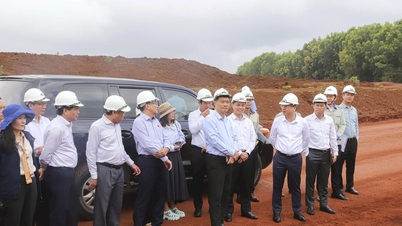















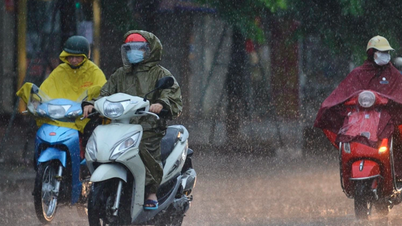



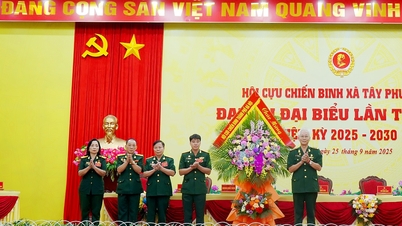






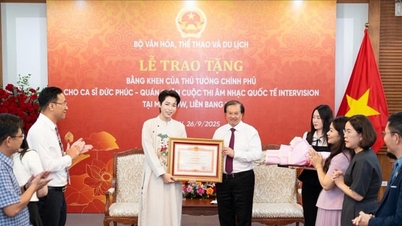


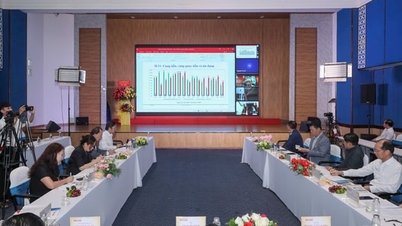


































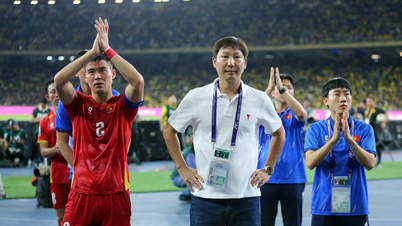









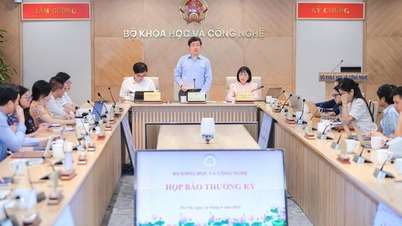


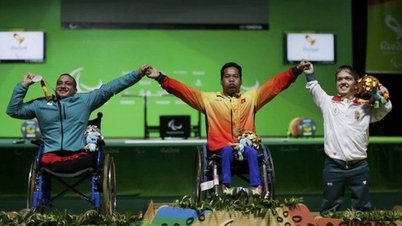


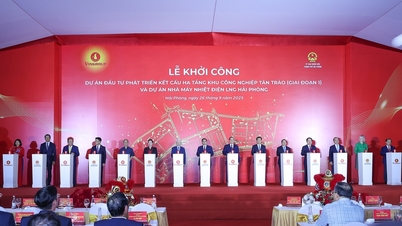







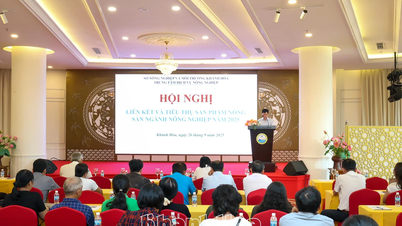










Comment (0)